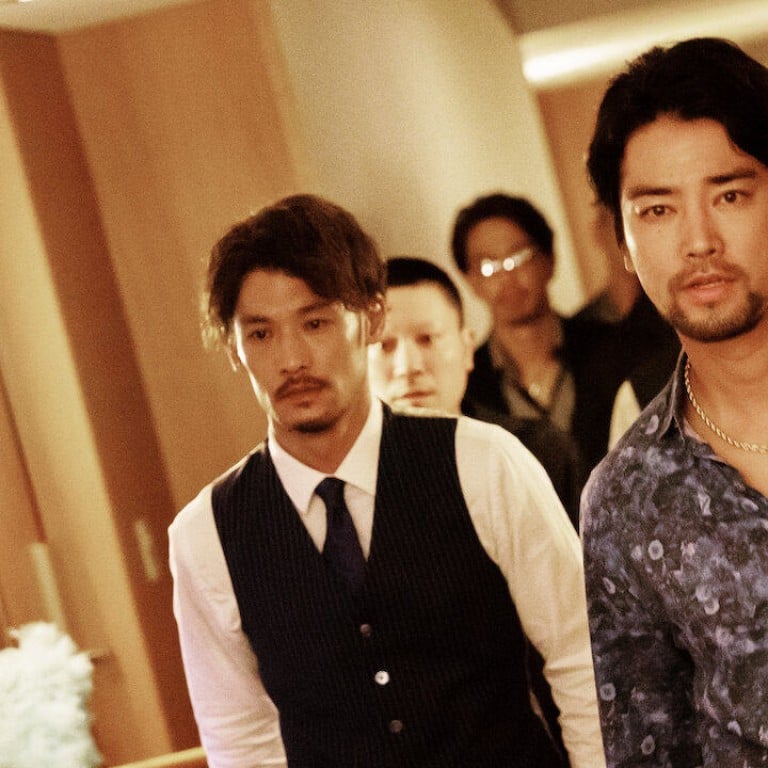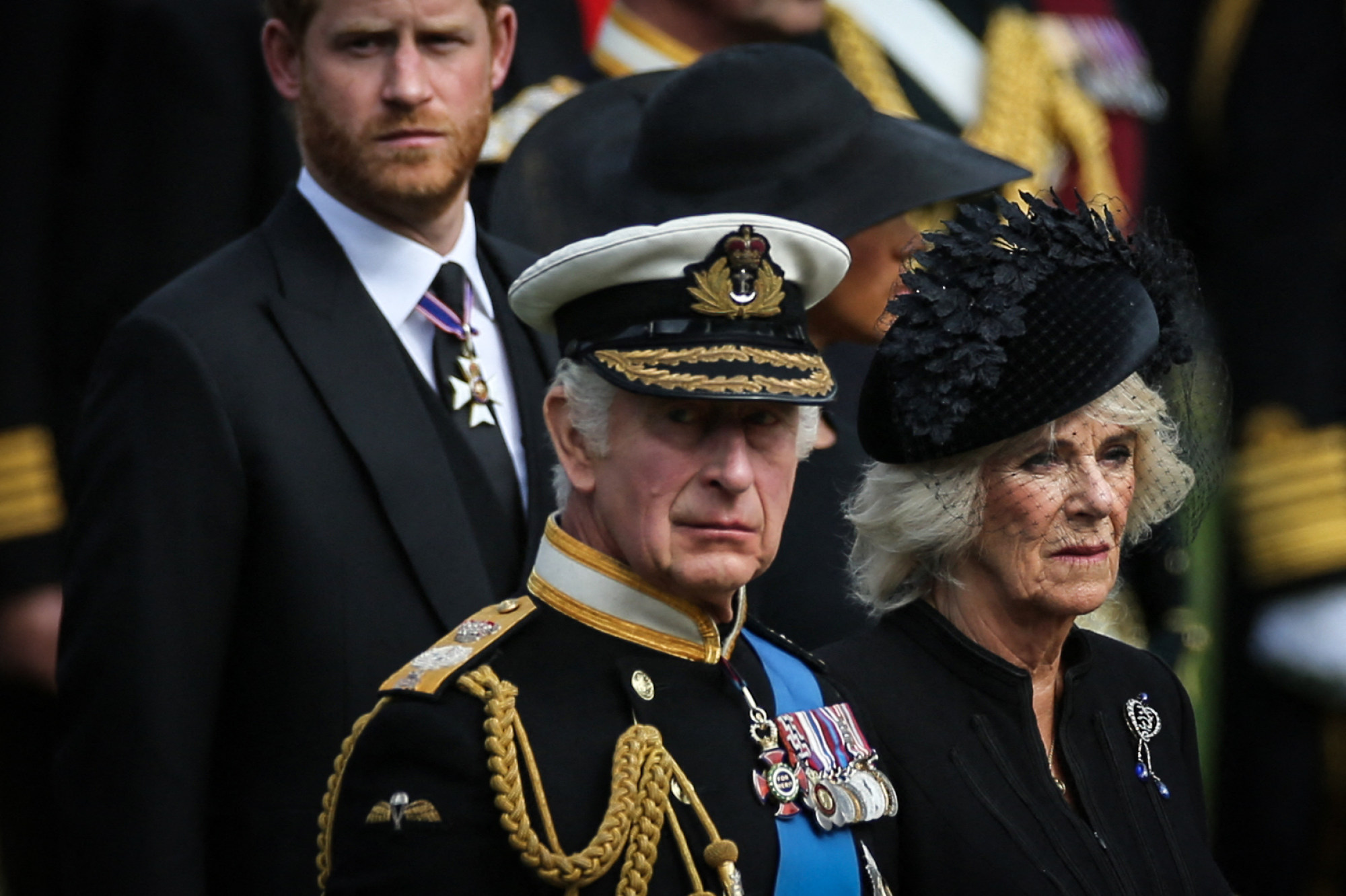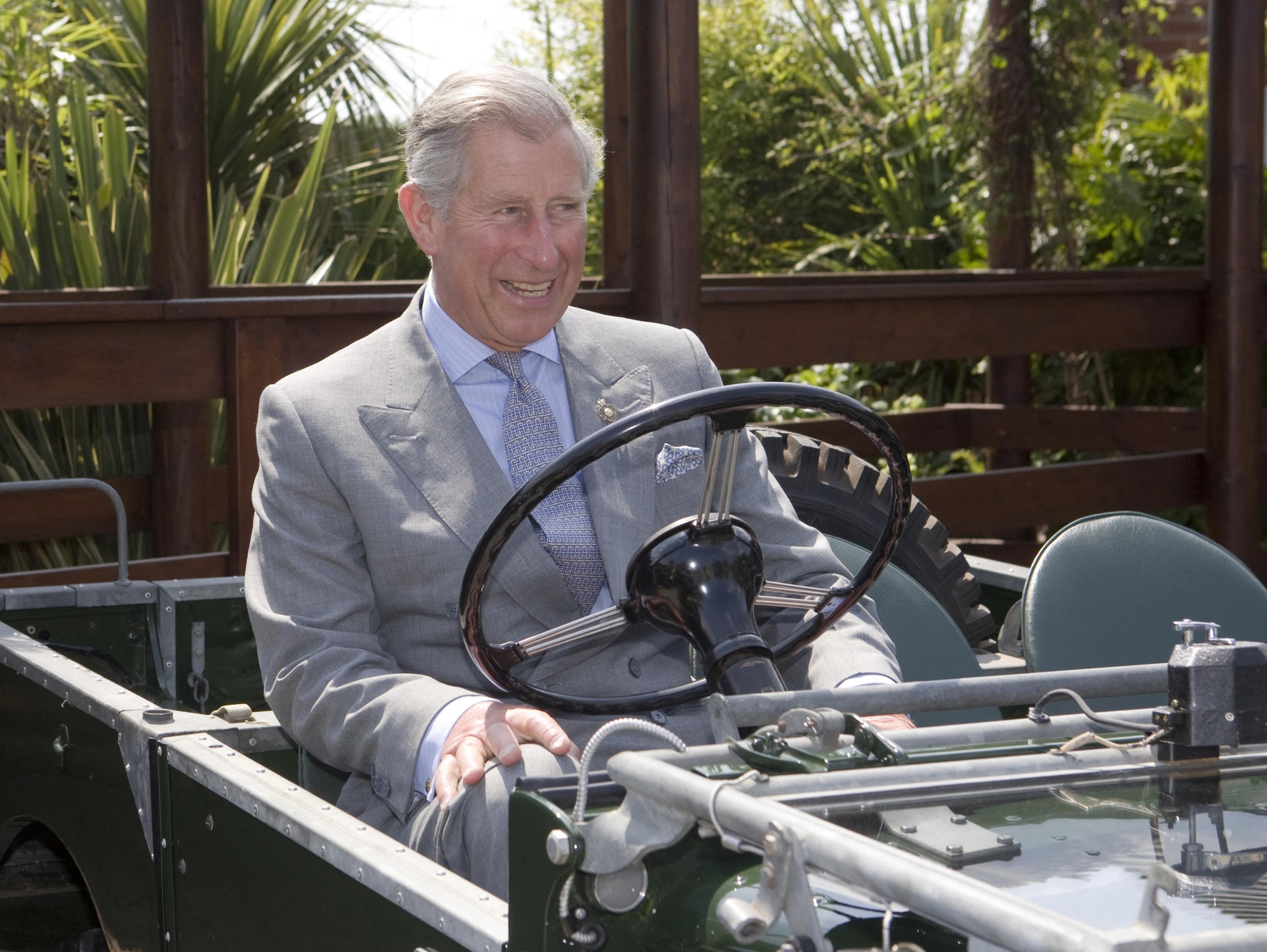
In Netflix crime drama Informa, modern-day Don Quixote and Sancho pursue Japanese yakuza gangsters
- Netflix drama Informa tells the sometimes blood-soaked, other times flippant tale of an ex-yakuza member and a young journalist on a crusade against evil
- Meanwhile, the life and long wait for the throne of Britain’s King Charles is put under superficial scrutiny in the BBC’s Born to be the King
But for its sporadic, extreme violence, Informa (Netflix) might be considered a comedy, albeit a subtle one. As it is, torture sessions, shootings and grisly murders perpetrated by torching petrol-soaked victims point to Japan’s continuing fascination with the yakuza.
Allowing viewers to flirt vicariously with the dark side is a safety-valve function of television, one that here admits us to the world of cocky, charismatic Kihara (Kenta Kiritani), ex-yakuza and current informant.
He is also the title’s “informa”: a semi-mythical, almost impossibly well-connected source on underworld matters. It’s not entirely clear, however, for which side, lawful or lawless, he is informing.
His unlikely sidekick is magazine journalist Mishima (Reo Sano), a naive young reporter pressed into service by Kihara as his chauffeur.
Park Seo-joon to Steven Yeun, all the Asian stars in MCU films and shows
Mishima drives Kihara around Tokyo as he goads gang bosses and soldiers on some sort of revenge (or suicide) mission.
Mishima does this in anticipation of an ever-receding big scoop, regularly finding himself in mortal danger when Kihara’s ego and mouth seemingly back them both into an inescapable corner.
Climate breakdown has gripped the world in Extrapolations on Apple TV+
Their implausible pairing gives each an angle on the other’s life, but waters down the effectiveness of both: Kihara is neither implacable former yakuza viciously trying to satisfy a grudge nor altruistic reporter’s friend. Mishima is neither committed accomplice nor tenacious investigator.
Their apparently hopeless, 10-episode crusade against societal evil recalls elements of recent HBO Go series Tokyo Vice, although the tone is more flippant, the seediness less oppressive.
A more instructive parallel for the pair might be drawn with Don Quixote and Sancho Panza: our heroes fight the good fight, feel foolish, suffer beatings and habitually look ridiculous. But if there is in fact honour among thieves (and murderers), our mismatched twosome might just be the ones to find it.

Royal treatment
But for the longevity and bloody-minded dedication to the job of his mother, he would have been King of Hong Kong.
Britain’s longest-serving apprentice monarch finally being crowned King Charles III next Saturday, BBC Lifestyle can at last broadcast the documentary that would have been shown back in September, had it not been hurriedly shelved amid howls of disrespect.
Born to be the King was due to air days after the death of Queen Elizabeth, perhaps intended to rally a nation in mourning – or chuck a bucket of cold water in the faces of those unaware that for the British monarchy, the show simply must go on. Instead, it was pushed into a streaming slot.
Now, in light of how Charles has since endeared himself to much of the country, the hour-long documentary, largely completed years ago, seems prescient regarding how he might operate as monarch.

As Prince of Wales, Charles was sometimes condemned for “meddling”, as he put it, in political hot-potato issues, among them the environment, and employment opportunities for disadvantaged youth.
Here, speaking as the prince, he occasionally seems agitated when admitting that as king, his direct approach to problems close to his heart will be hamstrung by government.
Viewers writing off the film as a dated, palace-controlled hagiography have much ammunition. Troublesome offspring and spouses are ignored; the extent of his private fortune and the ownership of gifts to the state aren’t considered; Diana makes but a transitory appearance.
Interviewees with almost exclusively good things to say – ex-prime ministers, actors, charity heads, David Tang – consider Charles sincere, courteous, compassionate and mischievously funny.
He is now a monarch who adores Monty Python’s Flying Circus. And if we can forget for a moment the palaces and pomp, he seems, if not quite the king next door, a genuine, all-round good bloke.

